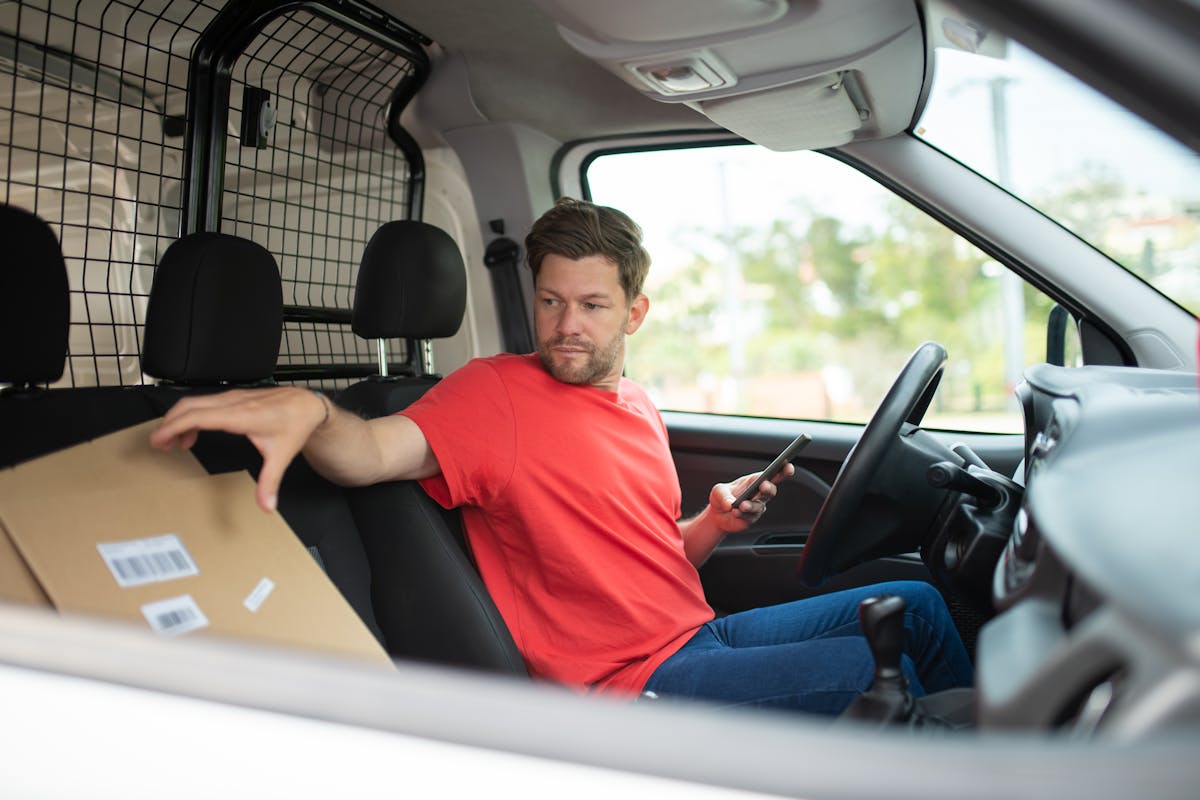Across depots in Britain, DPD delivery drivers have begun a three-day refusal of labour. Their cause is simple and just: the company has cut the rate of pay for small parcel deliveries by 65 pence per stop, a change that came into effect in late September, with only a few hours’ notice.
For many drivers, this means a loss of around £25 a day, or roughly £6,500 a year; a sum large enough to decide whether a household can manage its bills. These cuts affect precisely those workers who form the backbone of DPD’s operations: the self-employed and franchised drivers, who make up the majority of the firm’s workforce.
DPD’s management has claimed that these cuts merely “reflect changes in our parcel traffic profile.” In their press statement, they said that “stops including only smaller parcels” will see a 65p reduction, while deliveries of “larger, high-value, or pharmaceutical parcels” will see no change, and that heavier parcels will earn an extra 65p. The company insists that its “remuneration package remains among the best in our industry.”
But the workers know better. One driver told the BBC that “there’s no way” to make up for the losses, since “we just don’t get that many larger parcels.” Even if they tried to take more heavy loads, he said, “we would have to work longer and do more stops just to earn the same amount as before.”
Here is the reality of capitalist “efficiency.” The company boasts of new “incentive payments” and “adjusted rates,” while in practice it transfers the burden of its market competition directly onto the workers. The profit of the capitalist depends upon this: the lowering of the value of labour power under the guise of technical necessity.
The BBC reports that between 1,300 and 1,500 drivers are taking part in coordinated action, organising through chat groups across depots. This shows the living force of class consciousness emerging from the daily struggle for survival. The same tools that management uses to track and control drivers — smartphones, apps, digital systems — now serve as the means for collective resistance.
The company says it expects “no significant impact” on services. This too is a familiar refrain. Every employer confronted by organised labour insists that the strike will fail, that production will continue. But this is not the measure of the strike’s importance. Its true value lies in awakening the workers to their shared condition.
These drivers, though told they are “self-employed,” are workers in every real sense. They sell their labour, not the product of their labour. They own neither the means of delivery nor the conditions of their work. They are disciplined through performance metrics, bound to company schedules, and denied basic employment rights. The term “self-employed” is nothing more than a legal disguise for wage labour stripped of protection.
Lenin wrote that the first stage of class struggle begins with economic resistance to the immediate oppressor. From such beginnings, the working class learns to recognise the system itself as the source of exploitation. Today’s fight over a 65p cut is tomorrow’s recognition that the entire profit system depends upon such cuts, repeated endlessly across industries.
DPD’s justification that “rates have been adjusted to reflect changes in parcel traffic”, is the modern echo of the factory owner’s cry that “wages must fall to remain competitive.” In every epoch, the capitalists invoke competition to drive wages down, while they themselves cooperate through business associations, mergers, and monopolies to keep profits high.
But the material conditions of labour have changed in ways that favour the workers’ cause. These drivers, long treated as isolated individuals, are finding each other — not in union halls, but through the very technologies of modern logistics. In their chat groups and coordinated actions we can see the early forms of new organisation — the embryo of the collective will of the modern proletariat.
This dispute in DPD is not an isolated event. Similar pay cuts, disguised as “rate adjustments,” have appeared in Amazon Flex, Evri, and other courier networks. Everywhere, the pattern is the same: the capitalist class seeks to maintain profit margins by reducing the share of value going to those who create it.
The lesson is clear. These struggles will not be resolved by appeals to fairness or by waiting for the goodwill of employers. The drivers’ real power lies in their ability to halt the movement of goods, the lifeblood of the capitalist economy. To organise that power consciously and collectively is the path from protest to transformation.
The three-day action at DPD is a modest beginning, but it carries great meaning. In defending their pay, the drivers are defending the dignity of all labour. From such small beginnings, the class learns to fight, not for pennies, but for power.





